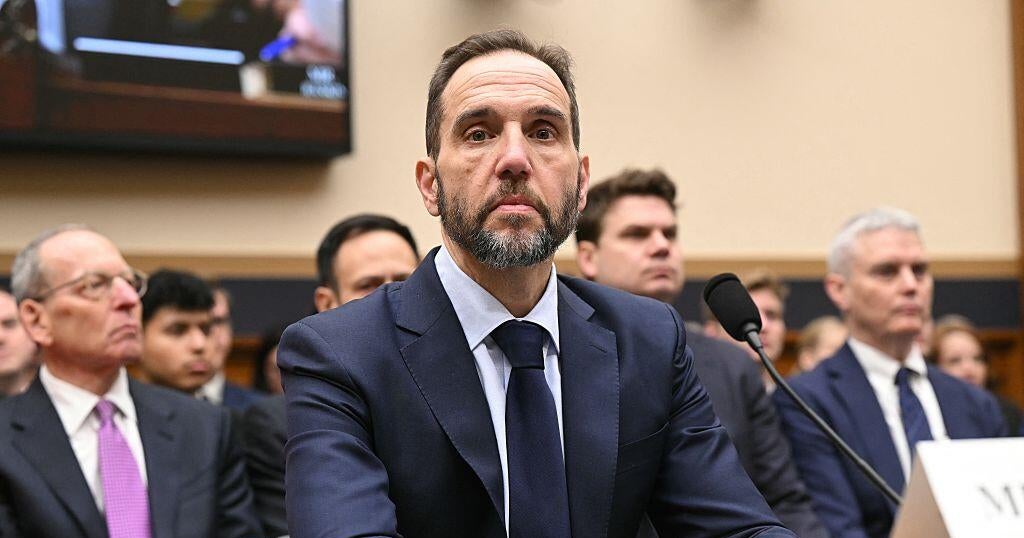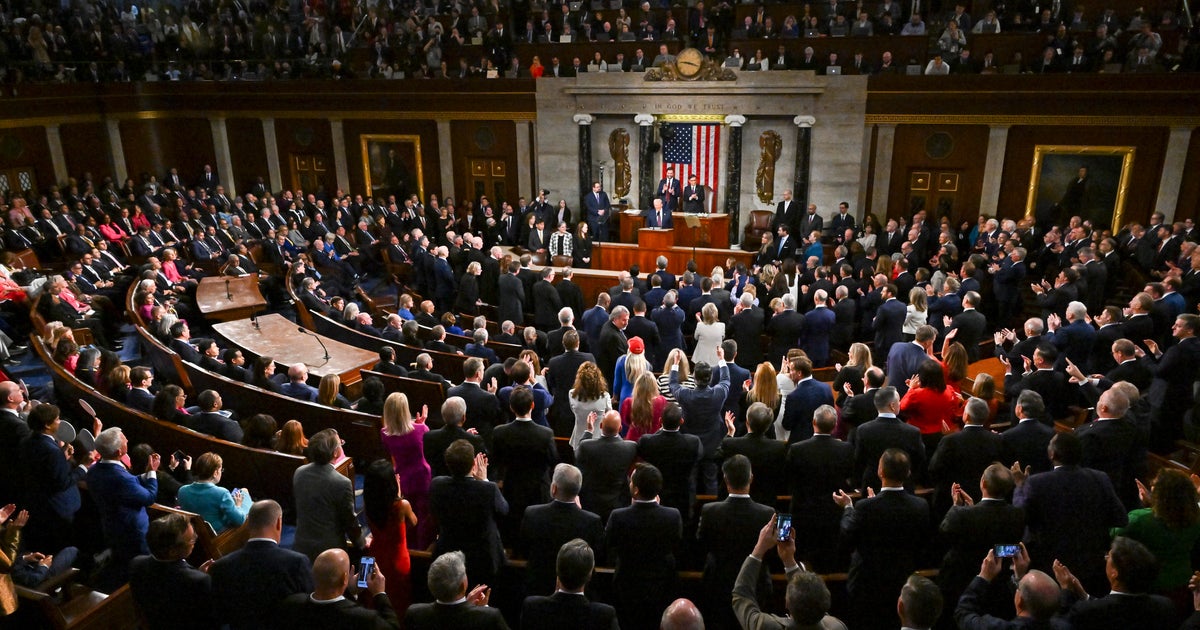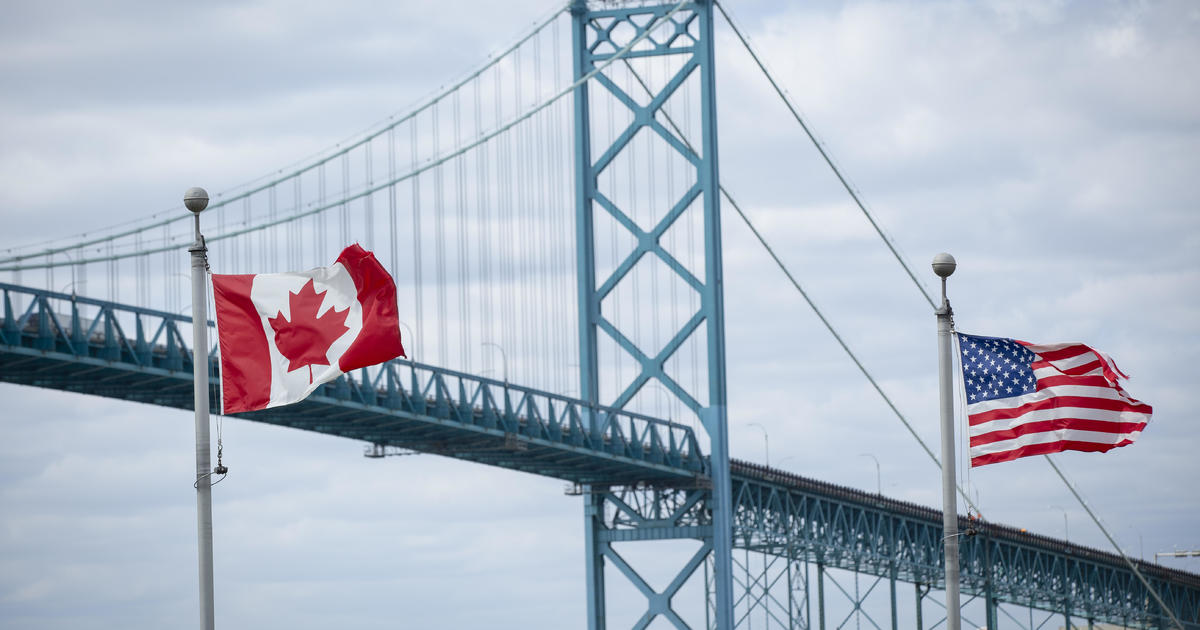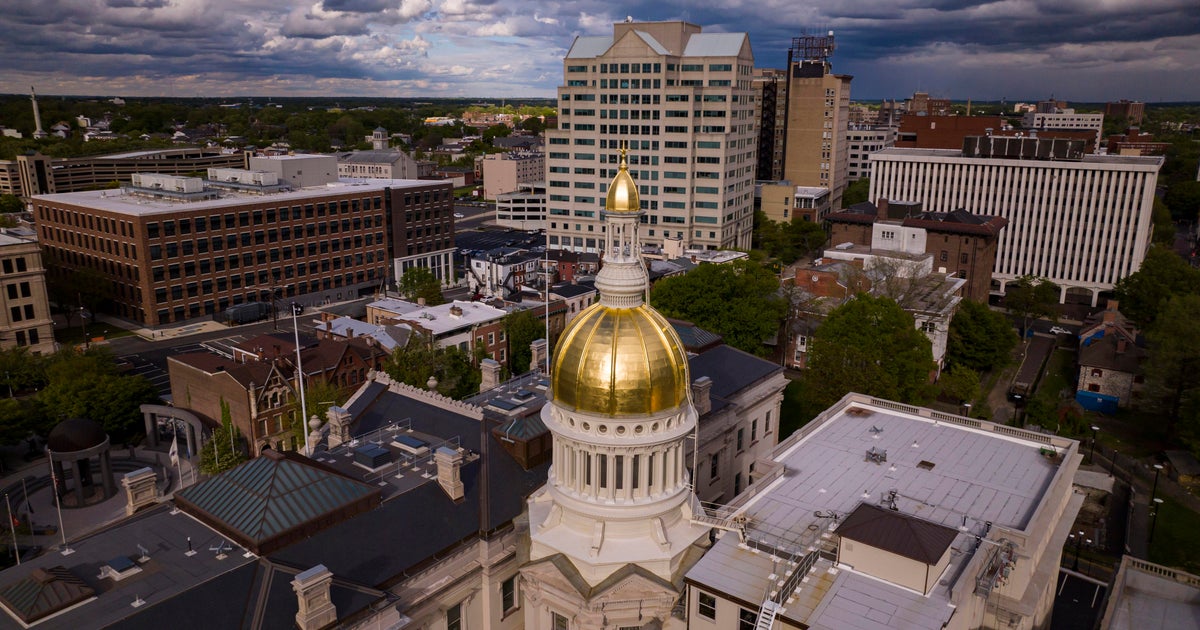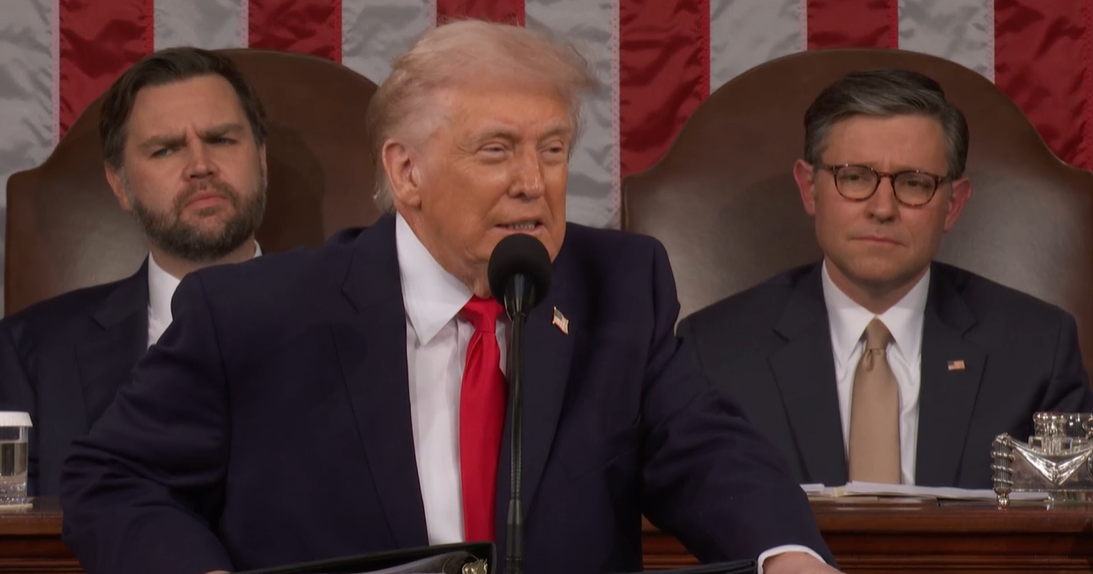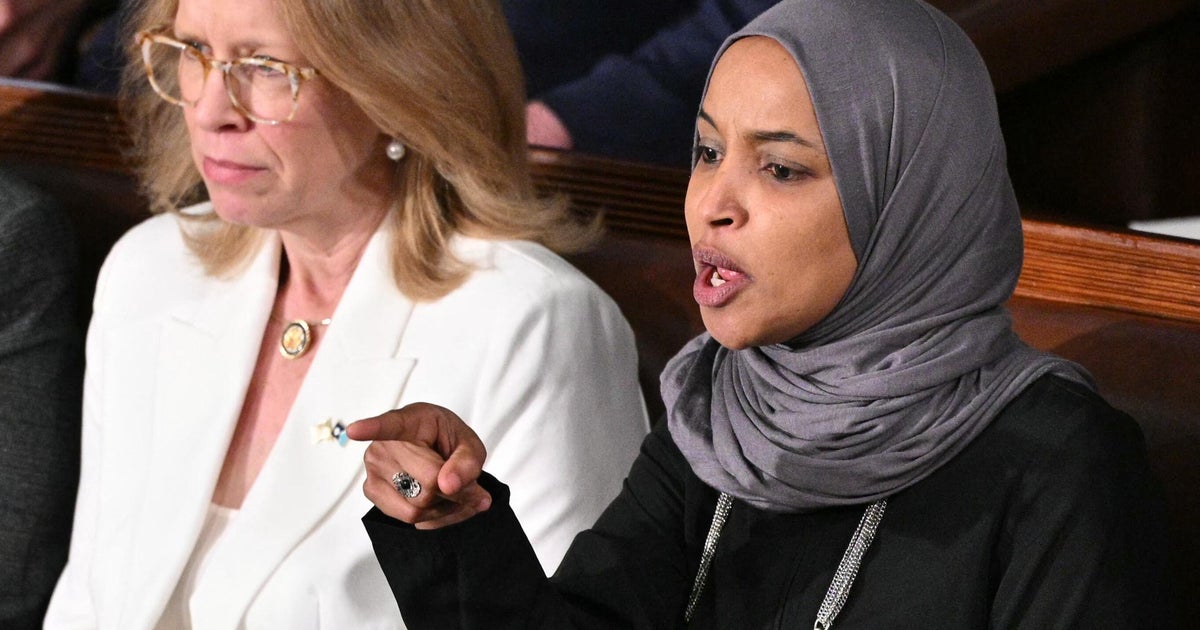Appeals court grapples with Trump gag order in special counsel's election interference case
Washington — A panel of three federal appeals court judges on Monday seemed poised to uphold a version of a gag order limiting what former President Donald Trump can say about the 2020 election-related case against him in Washington, D.C., and indicated some aspects of the order could be tailored.
At a lengthy hearing, the judges from the U.S. Court of Appeals for the D.C. Circuit pushed attorneys for Trump and special counsel Jack Smith to defend their respective positions on the order imposed by District Judge Tanya Chutkan, who is overseeing the case. The order, which is not currently in effect, would bar Trump from publicly commenting on individual prosecutors, court staff or potential witnesses tied to the prosecution. Trump has asked the appeals court to overturn or pause the gag order.
The special counsel — who was present for Monday's hearing — had urged Chutkan to impose even broader restrictions on the former president's pretrial speech, alleging his public comments threatened the proper administration of the judicial process and might inspire violence from supporters.
Chutkan's order did not go as far as prosecutors had requested and specifically allowed Trump to criticize the case against him and even speak out against the judge herself. Still, Chutkan said she treated the former president like any other defendant by preventing him from publicly speaking out against those who might testify against him at trial, citing both legal and safety concerns.
Trump is charged with four federal counts, including conspiracy to defraud the U.S., stemming from his alleged effort to overturn the results of the 2020 presidential election and has pleaded not guilty. He did not attend Monday's hearing.
Chutkan's order, Trump's attorneys wrote in court filings, was "muzzling President Trump's core political speech during a historic Presidential campaign" and was "viewpoint based," not based on recent threats. But Smith's team has increasingly worked to tie Trump's past public rhetoric to threats of violence, alleging his supporters' reactions to his criticisms could affect the way the trial, currently set for March 2024, proceeds.
Trump, the special counsel alleged, is aware that his language might inspire others to act and "seeks to use this well-known dynamic to his advantage."
The appeals court hearing
At Monday's hourslong hearing, D. John Sauer, an attorney for Trump and the former solicitor general of Missouri, told the appeals court that the gag order is "a filter for core political speech" between the former president and voters during the campaign because there is "near complete overlap between the issues in the political campaign and the issues in the case."
"What you have here is a rationale that says this speech … might someday inspire some random third party to engage in some action that might result in" threats against witnesses, Sauer contended, arguing the legal standard to restrict speech can't be based on future possibilities.
For over an hour, the judicial panel questioned the former president's attorney about the need to balance the First Amendment rights of a political candidate with the protection of fair judicial proceedings. During their questioning, the panel expressed the need to determine a legal standard test that could be applied.
"You make very important points about political speech," said Judge Patricia Millett, who was nominated to the bench by President Barack Obama. "But the Supreme Court says there should be a balancing test with protecting the criminal trial process."
That balancing act, the judges said Monday, must weigh the interest of a fair, impartial trial and the right to free speech.
Sauer argued for a strict "clear and present danger" standard to be applied and said the special counsel had yet to prove there was a clear and immediate danger to the trial or witnesses tied to Trump's speech.
"The order is intentionally prophylactic," said Judge Cornelia Pillard, also an Obama appointee. She argued Chutkan's gag order was meant to protect against future conduct, not punish past conduct. The panel indicated that the "clear and present danger" standard was likely too extreme in this case.
Millett sparred with Sauer at times over hypothetical situations she posed to challenge Trump's argument, including phone calls to potential witnesses, public statements or posts alluding to their cooperation with prosecutors.
Trump's attorney avoided considering certain hypothetical situations for what he said was a lack of context, but he did concede certain scenarios would be likely to require restrictions.
Sauer argued that the special counsel's case against Trump has received immense attention from the media and the former president himself, with limited evidence that threats have increased as a result of his own remarks.
Millett also questioned whether Trump's language about the prosecution is actually part of his campaign for the White House or is "political speech aimed at derailing or corrupting the criminal justice process." Trump has called Smith "deranged" and weighed in on reports that former White House chief of staff Mark Meadows cooperated with the probe.
The judges' desire to strike a balance in the order was evident in their questioning of the special counsel's team on Monday. They appeared somewhat skeptical of the gag order's restrictions on speaking out against the special counsel and his team.
"We've got to use a careful scalpel here and not step into really skewing the political arena," Millett contended.
Prosecutor Cecil VanDevender argued that Trump's language "poses a significant and immediate risk" to the fair administration of justice.
"There is a pattern, there is a dynamic that is very clear," he said, arguing there is a "causal link" between Trump's language and threats from the public.
Millett took issue with the special counsel's contention that the names of prosecutors should be barred from Trump's public comments.
"Why can't the defendant say ABC — whoever is the prosecutorial team — is biased?" she asked. VanDevender answered that doing so would increase the risk of being targeted.
The attorney from the special counsel's office also argued that potential witnesses, including public figures who have spoken out against Trump, should be protected from being targeted because future witnesses who have yet to come forward might also be discouraged from doing so.
The appeals court panel appeared concerned about the clarity of Chutkan's gag order and how it would be enforced, parsing language like "liar" after the special counsel's team said it would likely take issue with giving a witness that label.
The arguments mirrored those in Trump's civil fraud trial in New York, where a judge issued a gag order barring the former president from targeting members of the judge's staff.
Sauer alluded to that case and pointed out that a gag order was paused by a New York appeals court last week.
"This is not New York. We are not in New York," Pillard responded emphatically.
Trump's motion to stay the gag order received support last week from more than a dozen Republican state attorneys general who echoed his argument that the restrictions on his speech unduly affect voters in primary states.
Spearheaded by Iowa's attorney general, the group – at least six of whom have endorsed Trump – wrote in an amicus brief, "Our citizens have an interest in hearing from major political candidates in that election. The Order threatens the States' interests by infringing on President Trump's free speech rights."
Trump has also found an unlikely ally in the American Civil Liberties Union, which brought scores of legal challenges to Trump's policies while he was in office. In the friend-of-the-court brief the ACLU sought to submit to the district court — the request to file the brief was ultimately denied — the organization said that Chutkan's order is unconstitutionally vague and impermissibly broad.
